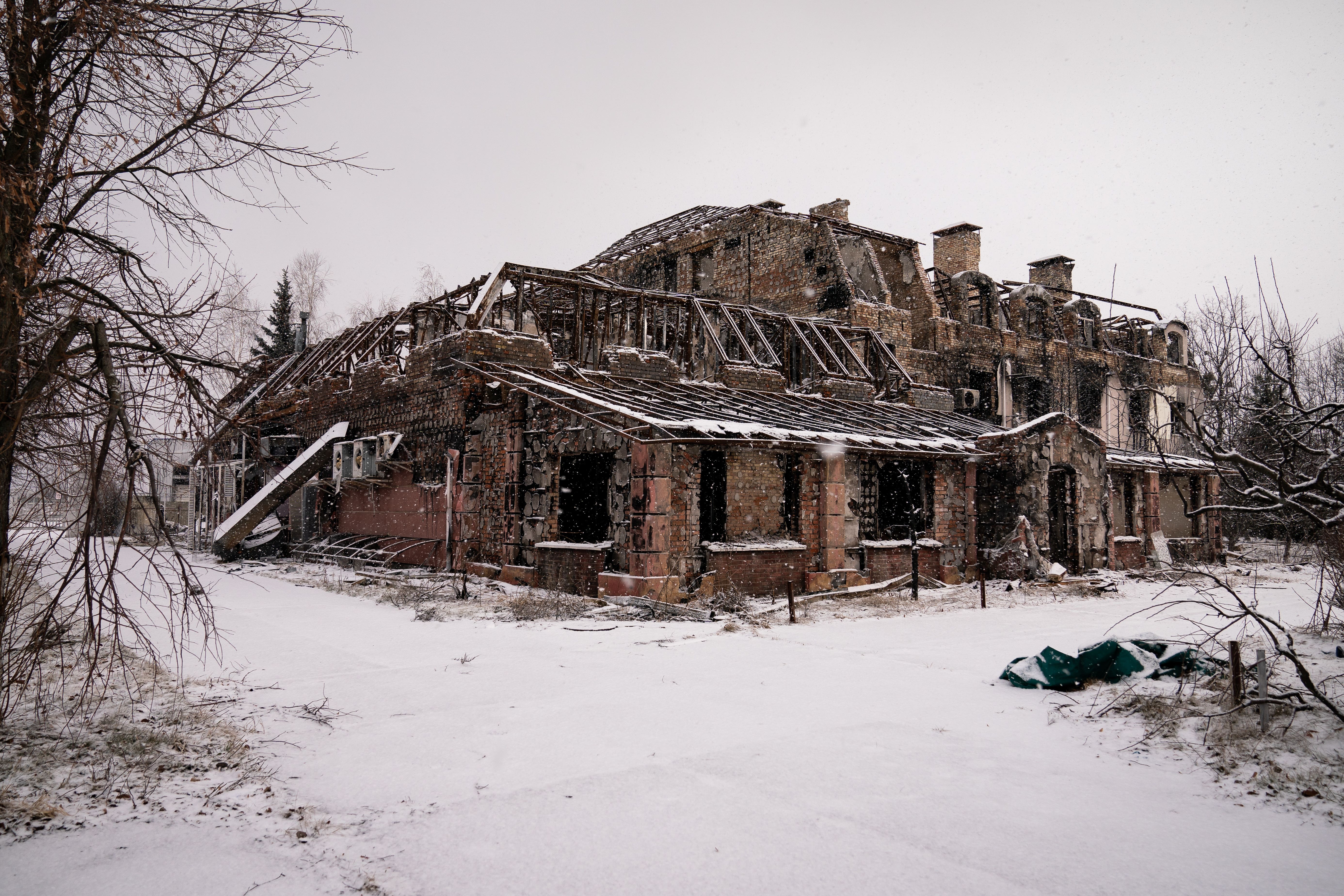Demining charity urges UK to get behind its efforts to ‘decontaminate’ Ukraine
The Halo Trust is undertaking a training programme to expand its staff in the country to around 1,200 this summer.

Your support helps us to tell the story
From reproductive rights to climate change to Big Tech, The Independent is on the ground when the story is developing. Whether it's investigating the financials of Elon Musk's pro-Trump PAC or producing our latest documentary, 'The A Word', which shines a light on the American women fighting for reproductive rights, we know how important it is to parse out the facts from the messaging.
At such a critical moment in US history, we need reporters on the ground. Your donation allows us to keep sending journalists to speak to both sides of the story.
The Independent is trusted by Americans across the entire political spectrum. And unlike many other quality news outlets, we choose not to lock Americans out of our reporting and analysis with paywalls. We believe quality journalism should be available to everyone, paid for by those who can afford it.
Your support makes all the difference.The world’s largest demining charity, the Halo Trust, has urged the UK to get behind its efforts with more funding to “decontaminate” Ukraine.
As the one-year anniversary of Russia’s full-scale invasion approaches, the charity is undertaking a training programme to expand its staff in the country to around 1,200 this summer.
The trust, which operates in 28 countries around the world, trains local staff for its mine-clearing work.
Speaking to the PA news agency at one of the charity’s mine-clearing sites in Mirra, on the outskirts of Kyiv, chief executive James Cowan said: “I would strongly urge the British to get behind this effort.
“It’s actually fabulous what is going on in the broader effort to help Ukraine, but this is actually fairly modest amounts of money, and we have a £10 million funding shortfall to meet our full aspirations this year.
“So I would strongly encourage the British to be amongst those other nations and donors who support us in this work.”
Pointing to the surrounding former battlefield, which includes a former hotel, he said that the Ukrainian people need their land to be “decontaminated” so that they can return to it and rebuild.
“Much of the focus is on winning the war, but we’ve also got to think about winning the peace,” he said.
“The Ukrainian economy has suffered terribly during the course of the last year.
“And it needs land like this to be recovered. This is valuable land.
“It needs to be decontaminated, so then the owners can come in and rebuild the hotel and get this back to being used for peaceful purposes.”
He added that his charity was “very fortunate” to have already received £2 million from the Government.
“We are very fortunate to be funded by the United Kingdom, the British, Foreign, Commonwealth and Development Office (FCDO),” he said.
“They have granted us £2 million last year and we are looking forward to an extension and fresh money into 2023.
“But that money has allowed us to get on with recruiting and training local staff.
“This time last we had about 200 staff, we’ve now grown to 700 staff and we have plans to grow to 1200 during the course of this year.
“So we’re very grateful for the support of the British Government.”
Halo Trust member Mike Brown told PA that the scale of the problem is like nothing the charity has seen in its 30-year history.
“I think it’s important remember this is this is just one part of Ukraine,” he said.
“Ukraine is a huge country, so if you were to take what we’re seeing in northern Ukraine across several million square meters, extrapolate that across the north, across the east and the south as well, not just in areas like this but when you throw in different types of contamination on top of anti-vehicle mines.
“It creates very unique operational challenges for us as an international organisation.
“And there are challenges that we have not, in our over 30-year history, that we have not seen, that we’re having to address now in Ukraine.”